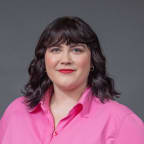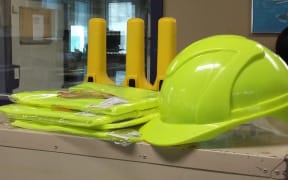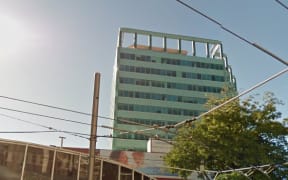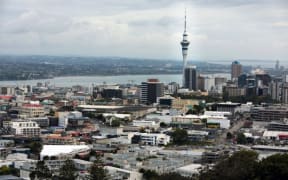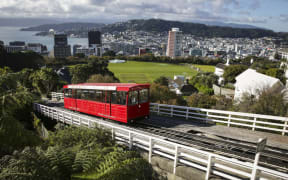Owners of commercial buildings with conflicting engineering reports about their properties' earthquake risk now have a solution - but it comes at a price.
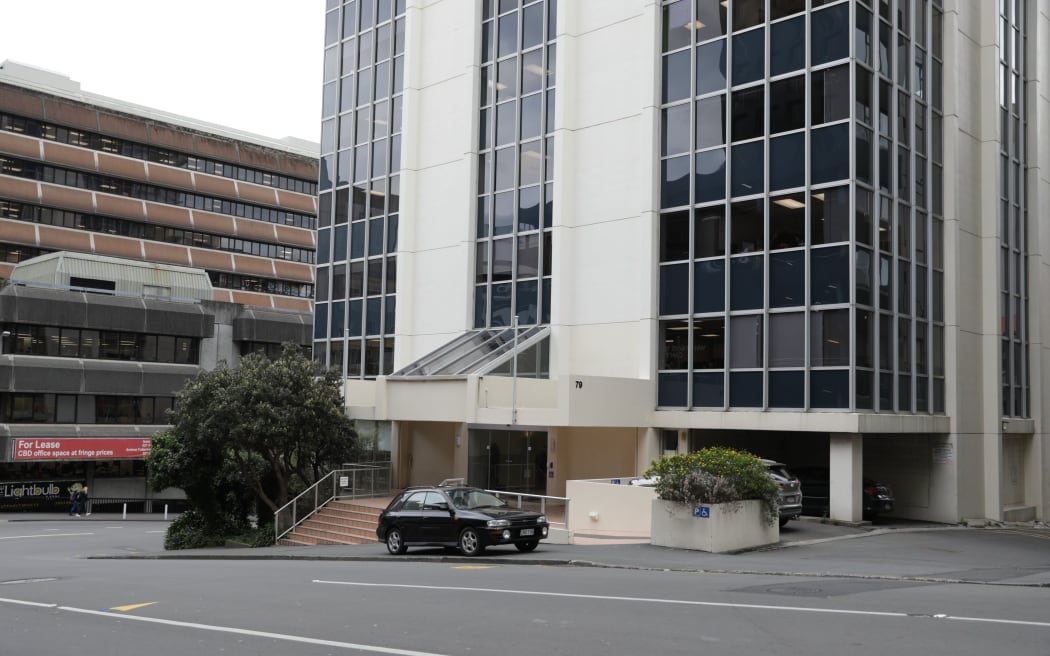
Engineer Ian Smith was the first to deem 79 Boulcott Street in central Wellington safe to occupy following the Kaikōura earthquake, but that building was evacuated last week after city engineers found it was no longer safe to occupy. Photo: RNZ / Rebekah Parsons-King
From today people will be able to get an independent assessment from the industry body Engineering New Zealand but it will cost several thousand dollars.
The new service was triggered partly by ongoing complaints about one Wellington engineer.
Conflicting earthquake risk assessments of buildings are nothing new to Wellington property investor Richard Burrell.
He's contacted the engineering body, the Wellington City Council, the Ministry for Business, Innovation and Employment and the former Building Minister Nick Smith about engineer Ian Smith, founder of [https://www.radionz.co.nz/news/national/329882/engineer-company-shuts-doors-while-facing-unresolved-complaint
engineering firm, ISPS].
"Every one of his reports need to be peer-reviewed. If his report says it's 80 percent or 90 percent or 105 percent they all come in at 30 to 40 percent and I've seen it a number of times," Mr Burton said.
An example of Ian Smith's work is a central city high-rise in Manners Street.
ISPS rated the building over 100 percent of the code. While two other engineers rated it as low as 33 percent.
Mr Smith's firm was also the first to deem 79 Boulcott Street safe following the Kaikōura earthquake.
Last month, that building was evacuated after city council engineers found it was no longer safe to occupy.
In 2016, the Wellington City Council made a complaint about Mr Smith, to the industry body.
They were investigating Mr Smith's work until he and his wife died in a car crash in late 2016.
ISPS then ceased trading in 2017.
It is one of the reasons why this new service has been set up.
Engineering New Zealand chief executive Susan Freeman-Greene said a panel of six expert earthquake engineers would be available to assess conflicting reports.
It will include discussions with the engineers who wrote them.
She said this would give property owners some clear answers.
"They will come up with one of two things - either a new agreed assessment, a joint statement about an agreed rating.
"Or, if they can't do that, a really clearly articulated joint statement about where the differences are and why they exist," Ms Freeman-Greene said.
But the independent check comes at a cost.
Ms Freeman-Greene would not say how much property owners would have to pay - but said it would be in the thousands.
Property owners shouldn't have to pay to use the service, Mr Burrell said.
"It's their members that are producing these reports, and I can tell you that I can go to two competent engineers tomorrow and get two similar reports.
"So it's old reports that are causing the havoc, and they're fully aware of this," he said.
Mr Burrell said he won't be using the service.
"If they've got two reports and they're uncertain, they have to seek advice on who's a good engineer and Engineering NZ should be saying this is a competent engineer.
"I don't have any problems with two engineering reports, I know that I know, and all the other property professionals in [Wellington], we all know which engineer to go to, to get a good report," he said.
Engineering New Zealand abandoned its investigations into Mr Smith following his death.
Wellington City Council insists that other buildings Mr Smith assessed are safe.
